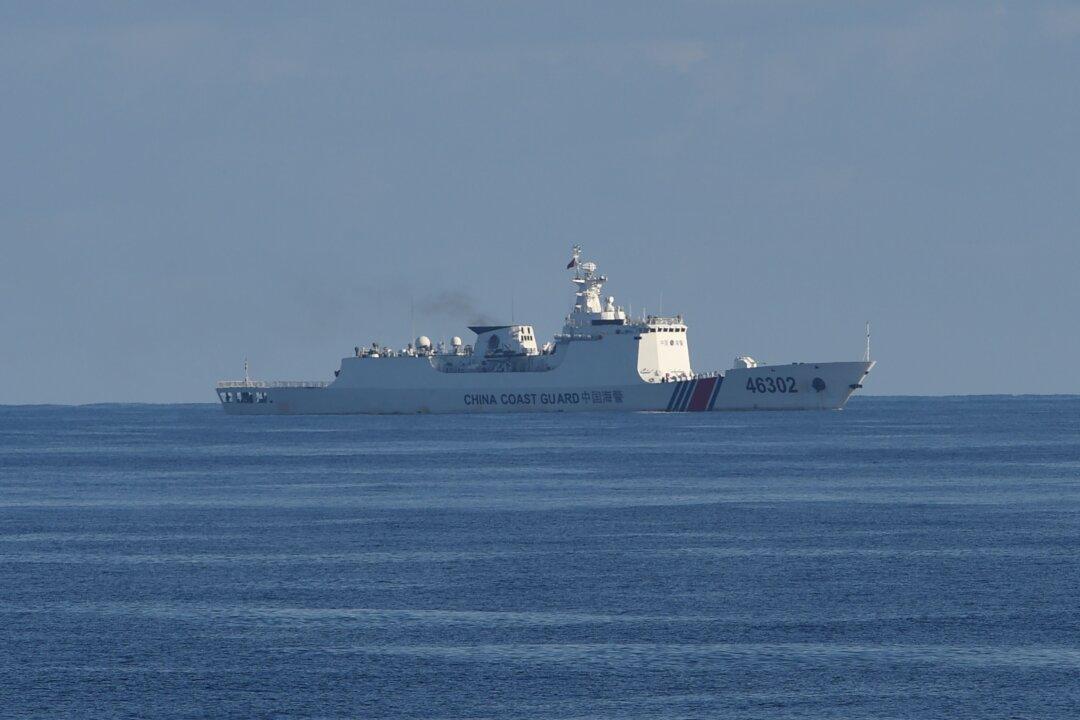The United States on Aug. 26 took action against 24 Chinese state-owned companies, as well individuals involved in Beijing’s military aggression in the disputed South China Sea, as the Trump administration escalates its responses to threats posed by the Chinese Communist Party.
The Commerce Department said in a statement that it added two dozen Chinese companies to a trade blacklist for “helping the Chinese military construct and militarize the internationally condemned artificial islands in the South China Sea.” The designation prohibits American firms from doing business with these companies unless they obtain a special license.





